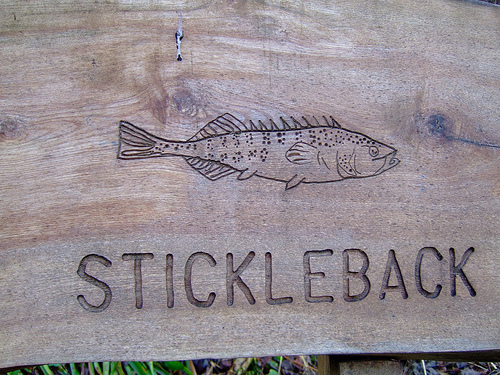An innovative analysis of seafood-eating trends in the past 125 years shows that in the US at least we’re ‘eating up the food web’—not because fish high up on the food web are more abundant fish but because they’re less abundant. In other words, the more expensive the fish, the more desirable it is as a main ingredient in recipes.
The researchers from the Northwest Fisheries Science Center deciphered this when they gathered 3,092 seafood recipes from 105 cookbooks published in Pacific Northwest between 1885 and 2007. In past decades we ate many more lower trophic level seafood (small planktivorous fish, like sardines). Whereas over time our cookbooks have come increasingly to call for much higher trophic level seafood (large carnivorous fish, like tuna).
Specifically, between 1885 and 2007, the average trophic level of the recipes rose from 2.92 to more than 3.4. (Sharks, apex predators, have the highest trophic level of 4.) This is a counterintuitive finding, as New Scientist reports:
“[Lead author Phillip] Levin had expected the opposite trend, because decades of intense fishing have depleted the populations of many fish with a high trophic level, and as a result more and more of the world’s fish harvest is now made up of smaller “trash” fish of lower trophic levels. He suggests it didn’t work out that way because cookbooks don’t reflect what we eat so much as what we aspire to eat. “It’s more about culture than fish,” he says. Indeed, Levin suspects that rarity may be partly responsible for the prestige of fish like cod and tuna. “When food is expensive, that’s the stuff that shows up in cookbooks,” he says. If so, cooks will continue to seek out these species even as their populations dwindle still further—a perverse demand that could stymie efforts to restore healthy fish populations.”
In their paper in Fish and Fisheries the authors conclude:
“Ultimately, sustainability of fisheries and marine ecosystems is not solely a biophysical problem—sustainability must also include the viability of socially shaped relationships between people and the sea. Knowledge of the drivers underlying the pattern of ‘eating up the food web’ should aide in developing policies that move beyond managing pressures (fishing), but also deal with the social drivers that generate those pressures.”











